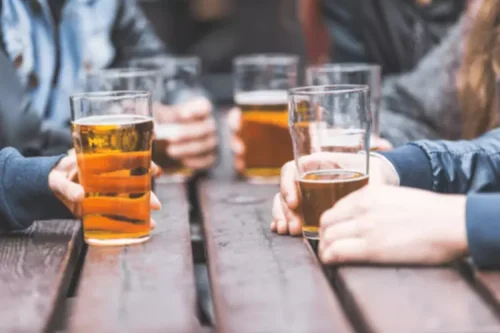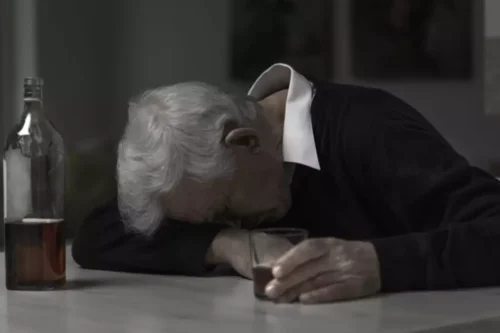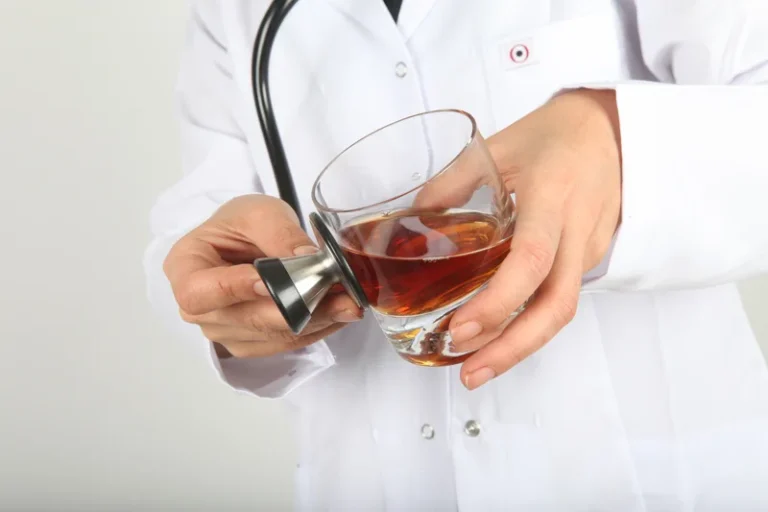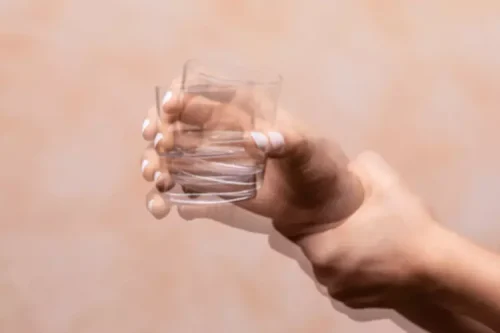
Alcohol-induced dehydration can cause unpleasant side effects such as drowsiness and headache. One phase is the acute form of alcohol poisoning caused mainly by binge drinking. The second is a chronic phase in which you drink large amounts of alcohol, but you are conscious and moving naturally due to the high tolerance developed over time. Your experience of the condition’s toxic effect differs depending on whether you are in the acute or chronic phase.

Does drinking water or coffee help you sober up?

Eating a healthy diet goes a long way towards easing withdrawal comfort and also helps your metabolism processes work more efficiently. The first step to flush alcohol out of your system is to stop drinking. While this may seem fairly obvious, it can be harder to do than you might think; especially if you drink regularly.
- Hangovers generally only last up to 24 hours and go away on their own.
- Drinking plenty of water will reduce dehydration and get water back in your system.
- The blood alcohol concentration (BAC) is how much alcohol is in your blood and is the most precise way to measure intoxication.
- Alcohol dehydrogenase breaks the booze down into ketones that exit your body via pee, sweat, or breath.
- Since your body is already chemically adjusted to the regular presence of alcohol in your system, flushing can be quite challenging.
More on Substance Abuse and Addiction
- According to the Centers for Disease Control and Prevention (CDC), an average of six people per day die of acute alcohol poisoning.
- Additionally, drinking can lead you to urinate more often and cause dehydration, so you can prevent any negative effects by taking in the water.
- But again, this is a generalization and could be different depending on the person and situation.
- This swelling increases pressure within the brain, leading to symptoms like confusion, drowsiness, and headaches.
- So for example, if you have 5 drinks, it will take your body approximately 5 hours to process the alcohol.
Once alcohol is in the bloodstream, it can only be eliminated by dehydrogenase, sweat, urine, and breath. Women also tend to have a higher percentage of body fat and a lower percentage of water, which influences intoxication and the length of time it takes to get alcohol out of their system. Women who drink their normal amount of alcohol prior to menstruation will experience higher BACs than they otherwise would.
- When your BAC reaches this point, you are at the highest risk of losing consciousness, alcohol overdose, and death.
- While time and liver metabolism are the primary factors, there are steps you can take to support this process.
- Just like a broken bone or infection needs time to heal, so does an overworked liver.
- Your health care providers will then taper you off these medications.
Eat some food
Remember that everyone’s body is different, and the rate at which alcohol is metabolized can vary. It’s essential to listen to your body, and prioritize your health and safety during the recovery process. Understanding alcohol metabolism is crucial for recognizing https://ecosoberhouse.com/ how long alcohol’s effects may last and the importance of pacing consumption to prevent intoxication and potential harm. Sunnyside is the #1 Mindful Drinking app that focuses on moderation approaches to build long term habits around alcohol health.
Find out more about our admissions process
If you do indulge over the holiday season, understanding how your body processes alcohol and how you can support it is the key to having a healthy holiday season. The severity of the short-term effects of alcohol depends on how much you’ve had to drink. Working out does not directly flush out alcohol from your body per se, but it helps keep you how to flush alcohol out of your system healthy, active and invigorated. You will breathe easier and sweat profusely, releasing toxins naturally. This will help make the flushing out of urine and, essentially, the alcohol in your system. While drinking a lot of water is not the perfect answer to how to flush alcohol from urine, it is a big help because of all the released toxins.
Can you “sober up” faster with food or coffee?
Eating complex carbohydrates like toast, crackers, and bagels can help alleviate nausea and bring your blood sugar levels back up. Addressing nausea is important to prevent vomiting that can further dehydrate you. In low to moderate amounts, alcohol can have a euphoric and relaxing effect.
How Long Can Alcohol Be Detected on a Urine Test?
- Good gut health starts with prebiotics, a type of fiber that feeds the good bacteria in your gut called probiotics.
- When you have food in your stomach, your ADH levels are higher, and your body can process alcohol more efficiently.
- In addition to flushing out alcohol, water increases your hydration levels.
But again, this is a generalization and could be different depending on the person and situation. Rest allows your body to heal and recover faster, helping you feel better sooner. Read more about what kind of supplements can help you recover from binge drinking. As mentioned above, it is not advisable to do the withdrawal process on your own.

That’s because blood alcohol concentrations (BAC) can vary among people and situations. However, the timeline for detox depends on factors like how much a person used to drink, how long they’ve been drinking, etc. Regardless of how fast your body absorbs alcohol, it eliminates it at the average rate of 0.016 BAC per hour. Nothing you do will speed up the elimination process, including drinking coffee, drinking water, taking a shower, or even vomiting. Roughly 20% of the ethanol in liquor is absorbed into the blood from the stomach and the rest from the small intestine.
How To Help Yourself Feel Better From a Hangover
There is nothing a person can do to quickly reduce the blood alcohol concentration (BAC) level in their body. The liver needs time to filter blood and remove alcohol from the system. Others accumulate over time and significantly affect your physical and mental health and quality of life. An older person is also more likely to be taking medication that affects the liver. These factors mean that alcohol is processed at a slower rate, increasing the amount of alcohol absorbed into the body.
Activated Charcoal is actually quite incredible, and is used in emergency rooms around the world to support detoxification after the ingestion of chemical or environmental poisons. There’s a bit of truth to the phrase, “sleep it off.” Sleep allows your body to rest and recover. Sleeping won’t physically remove alcohol from your system, however, it will give your body time to rest so it can effectively remove alcohol from your system. The occasional glass of wine or cocktail isn’t anything to worry about unless you have a gut infection or are following an elimination diet. If you are following an elimination diet or have Candida overgrowth or small intestinal bacterial overgrowth (SIBO), you want to avoid having a drink altogether.